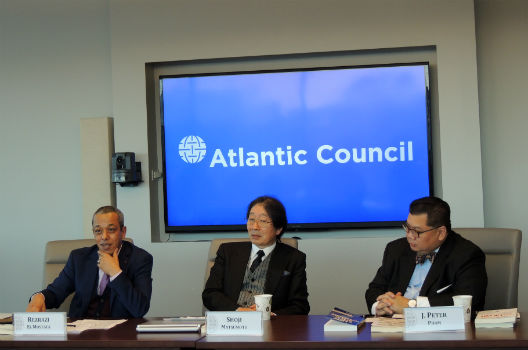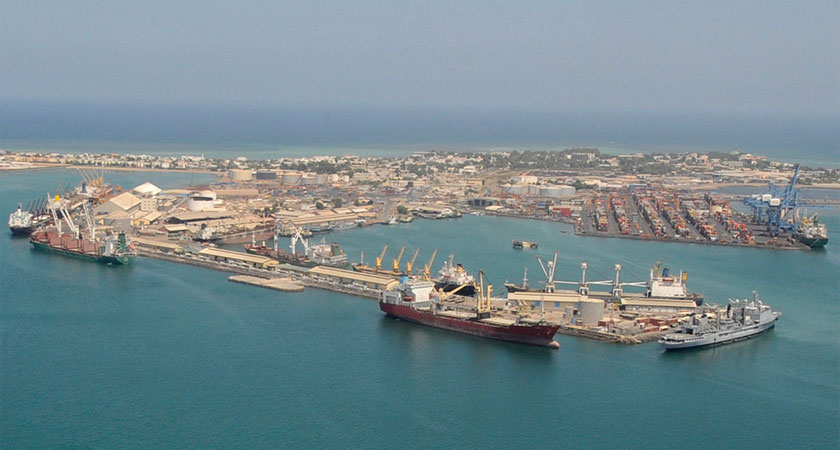The past few days have been full of news for Nigeria’s resources sector: It was announced that Nigeria Agenda 2050 requires approximately $100 billion, with 80% expected from the private sector; Shell is set to divest its Nigerian onshore oil and gas subsidiary for $1.3 billion; and the West African country will see the launch of production in what is the continent’s biggest oil refinery.
According to Nigeria’s Minister of Budget and Economic Planning, Atiku Bagudu, the country needs around $100 billion to properly realize its 2050 agenda, with 80% of the funds expected to be sourced from the private sector. The Nigeria Agenda 2050 aspires to boost the real GDP growth to 7% annually, add 165 million new jobs, and reach a per capita income of $33,328 by 2050. Bagudu stressed a plan-based approach, citing the 2024 budget as a means to instill confidence in the private sector. He also noted the important role of the private sector via private capital in ensuring that the West African country’s future experiences more economic growth than it had in the past.
Meanwhile, Shell Plc has announced the sale of the Shell Petroleum Development Company of Nigeria Limited (SPDC) to the consortium Renaissance, consisting of ND Western, Aradel Energy, First E&P, Waltersmith and Petrolin, for a total of to $2.4 billion. According to the British company has said, this move, pending government approval, aligns with Shell’s strategic aim to disengage from challenges in the Niger Delta region. The deal is “simplifying our portfolio and focusing future disciplined investment in Nigeria on our deepwater and integrated gas positions,” Zoe Yujnovich, Integrated Gas and Upstream Director, said in a statement.
Africa’s biggest oil refinery that was built to the tune of $19 billion and that can produce 650,000 barrels of diesel and aviation fuel per day has begun production in Nigeria, the Dangote Petroleum Refinery company has reported. As Nigeria’s first privately-owned oil refinery, the project “is a game-changer for our country,” the company said. Though one of Africa’s top oil producers, Nigeria’s mostly state-run refineries have the capacity to manufacture refined petroleum products to cover only its domestic needs. The opening of the new refinery effectively ends a years-long wait for a facility that analysts believe could boost refining capacity in the wider West African region that is heavily reliant on imported petroleum products.



